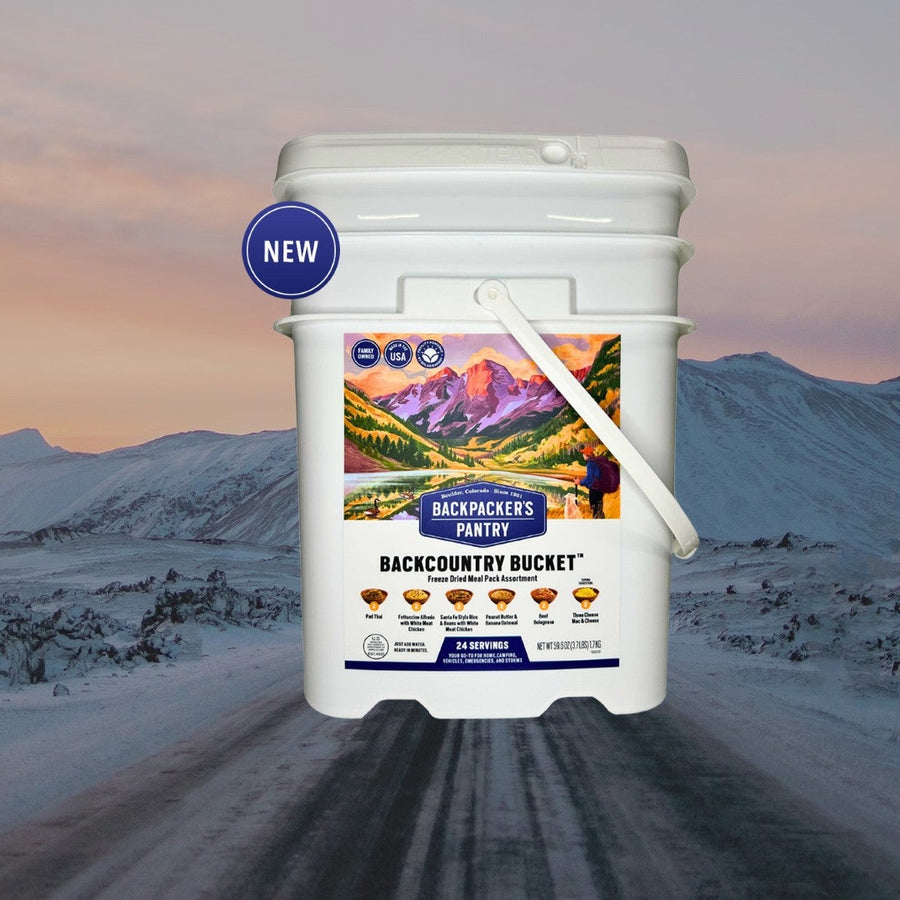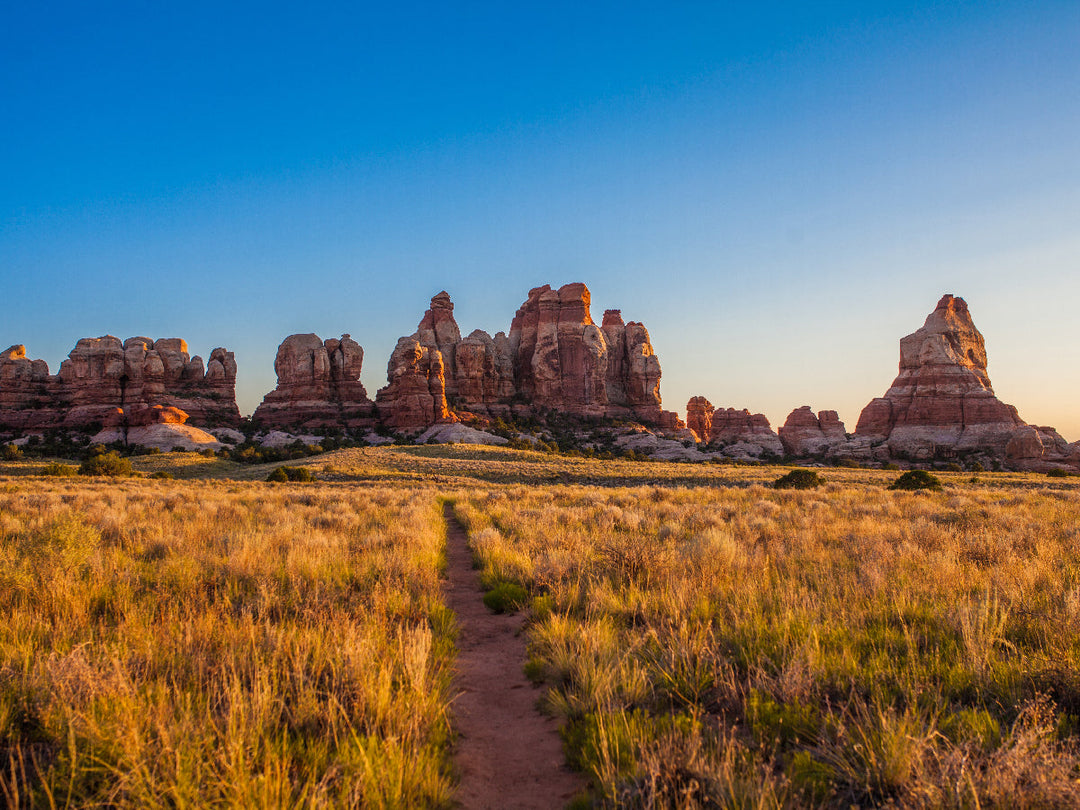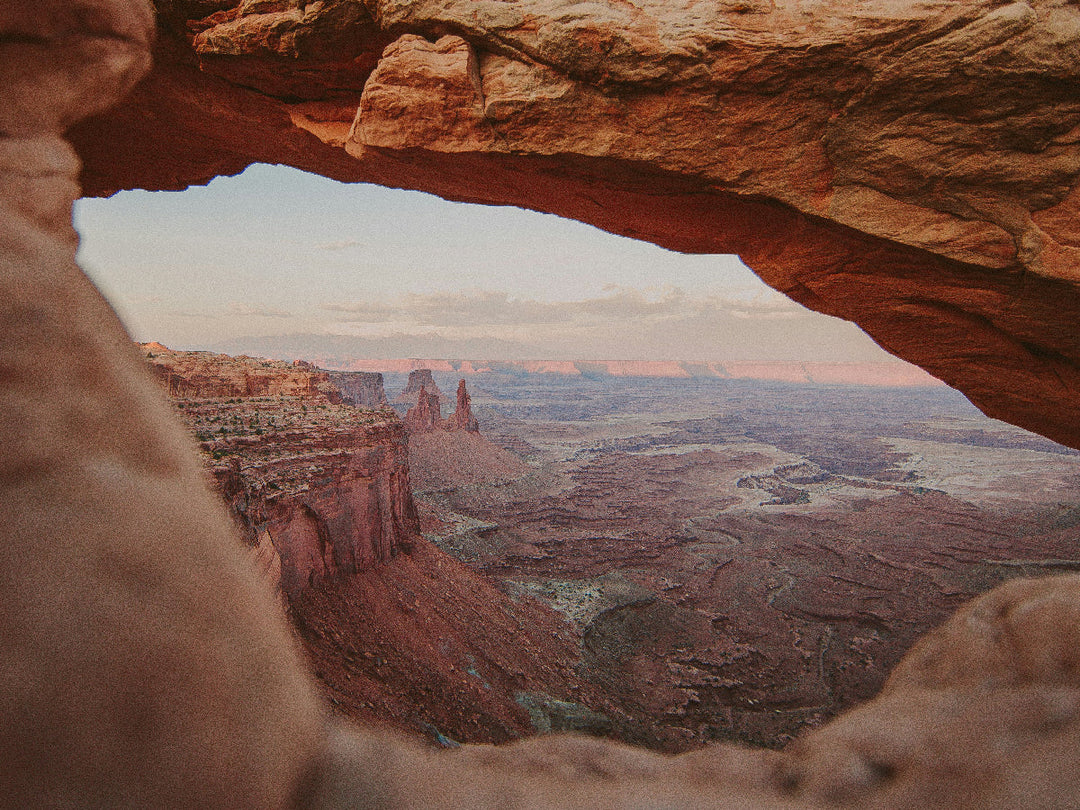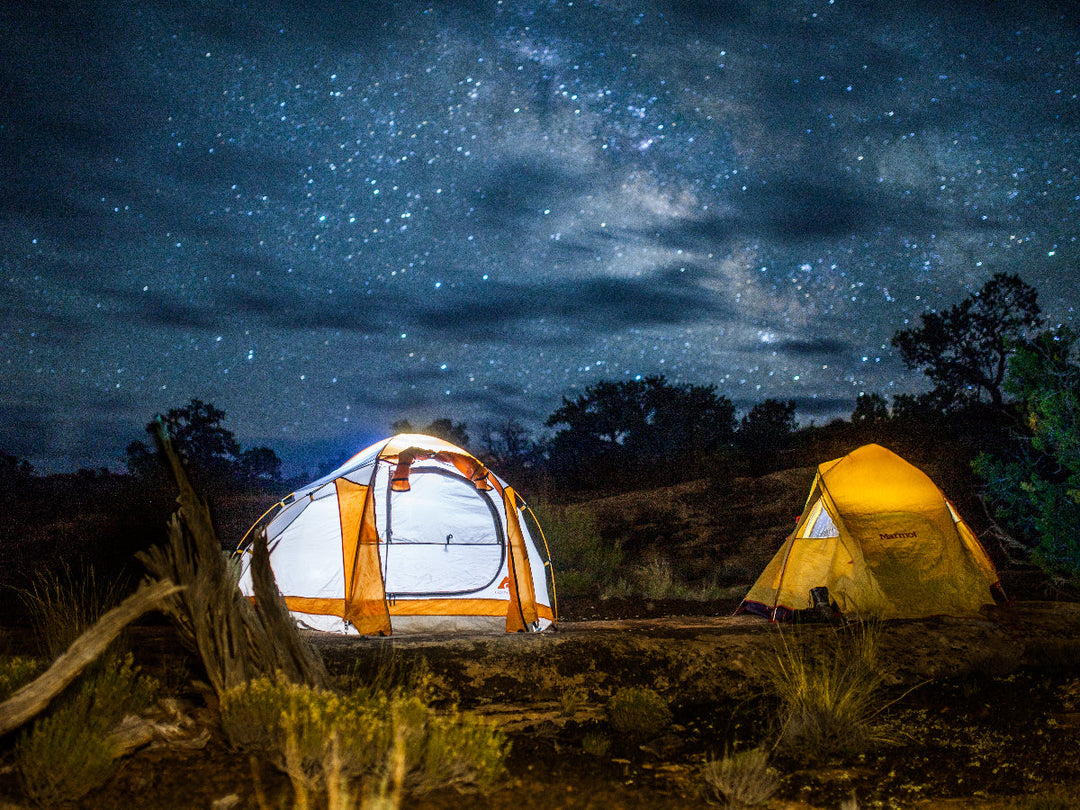Altitude Sickness: 5 Symptoms and 5 Solutions

Some of the most common signs of altitude sickness and how to get over it
The healthiest, most athletic person in the world can still be impacted by altitude sickness. Generally, it’s caused by traveling to an area with lower oxygen levels too quickly (like climbing a mountaintop, or you’re flying into Denver straight from Florida).
Knowing the signs of altitude sickness and what to do about them can make all the difference on your next elevated adventure.
Symptom: Dizziness
Solution: Stop and Reevaluate
Climbing higher is definitely not going to make the dizziness go away. In fact, it might just make it worse. The best thing you can do is start heading down to lower elevations if you’re on a hike or climb. You can always try again another day, but give your body at least one day of rest to acclimate before you start climbing again.
Symptom: Nausea
Solution: Avoid Alcohol/Tobacco
Alcohol and tobacco can actually make altitude sickness worse, so it’s best to avoid them when you first reach higher altitudes. Once your body is used to the difference in sea levels, you can reintroduce them, but do so moderately and slowly, and skip them altogether if you’re going out in nature overnight.
Symptom: Fatigue
Solution: Rest and Eat Carbs
This goes beyond just feeling tired and can be avoided with a little planning. Properly fueling for your outdoor adventure is vital before setting out. Giving your body its best chance can make the difference between a fun, relaxing day and a stressful experience.
There’s nothing wrong with sitting down for a few minutes to give yourself a break. While you’re resting, carb up. Making a quick snack or even full meal can get you feeling better quickly, and there are plenty of carb- and protein-heavy options you can make ahead of time.
Symptom: Difficulty Breathing
Solution: Slow Down
Much like with fatigue, taking breaks is important if you’re having trouble taking a deep breath. Higher elevations mean less oxygen. Breathing slowly and evenly for a few minutes can help regulate your heartbeat and keep you breathing easier, or in extreme cases you’ll probably need to climb down to a lower elevation until your breathing gets back to normal. You can also slow down your pace so you aren’t breathing as hard if you want to keep going, but go easy on yourself.
Symptom: Headaches
Solution: Hydrate, Hydrate, Hydrate!
Water is vital to existence, but especially if you’re at a higher elevation. Proper hydration cannot be overstated when you’re dealing with an altitude change. Staying hydrated will give you more energy, so you’re able to explore and enjoy your day instead of suffering from altitude sickness. It’ll also help make your headache stop so you can get back to your vacation. When in doubt, drink the water.
Backpacker's Pantry provides ready-to-eat, lightweight camping food for short hikes, extreme adventures and everything in between. Browse our nutritious, gourmet food for the trail.





